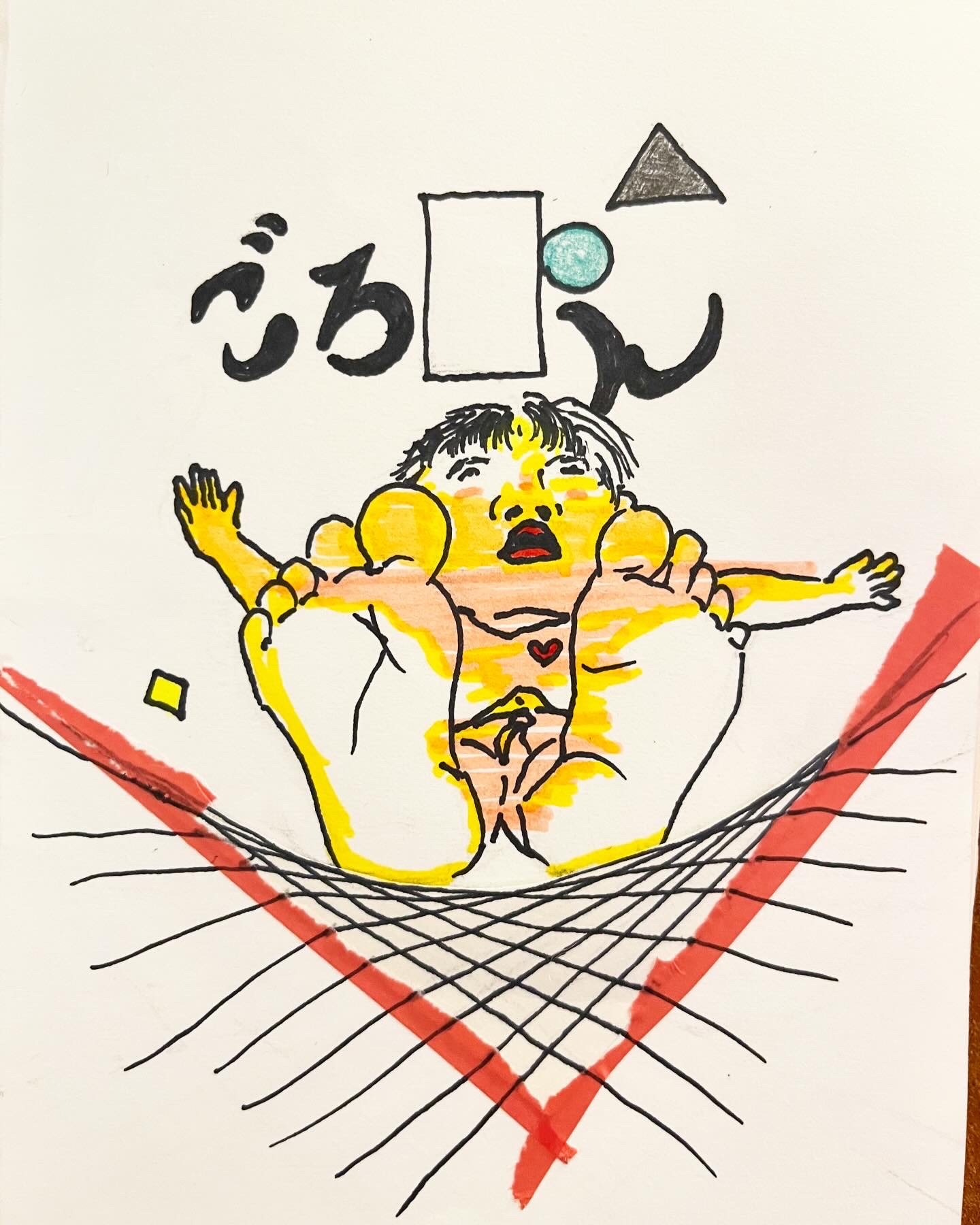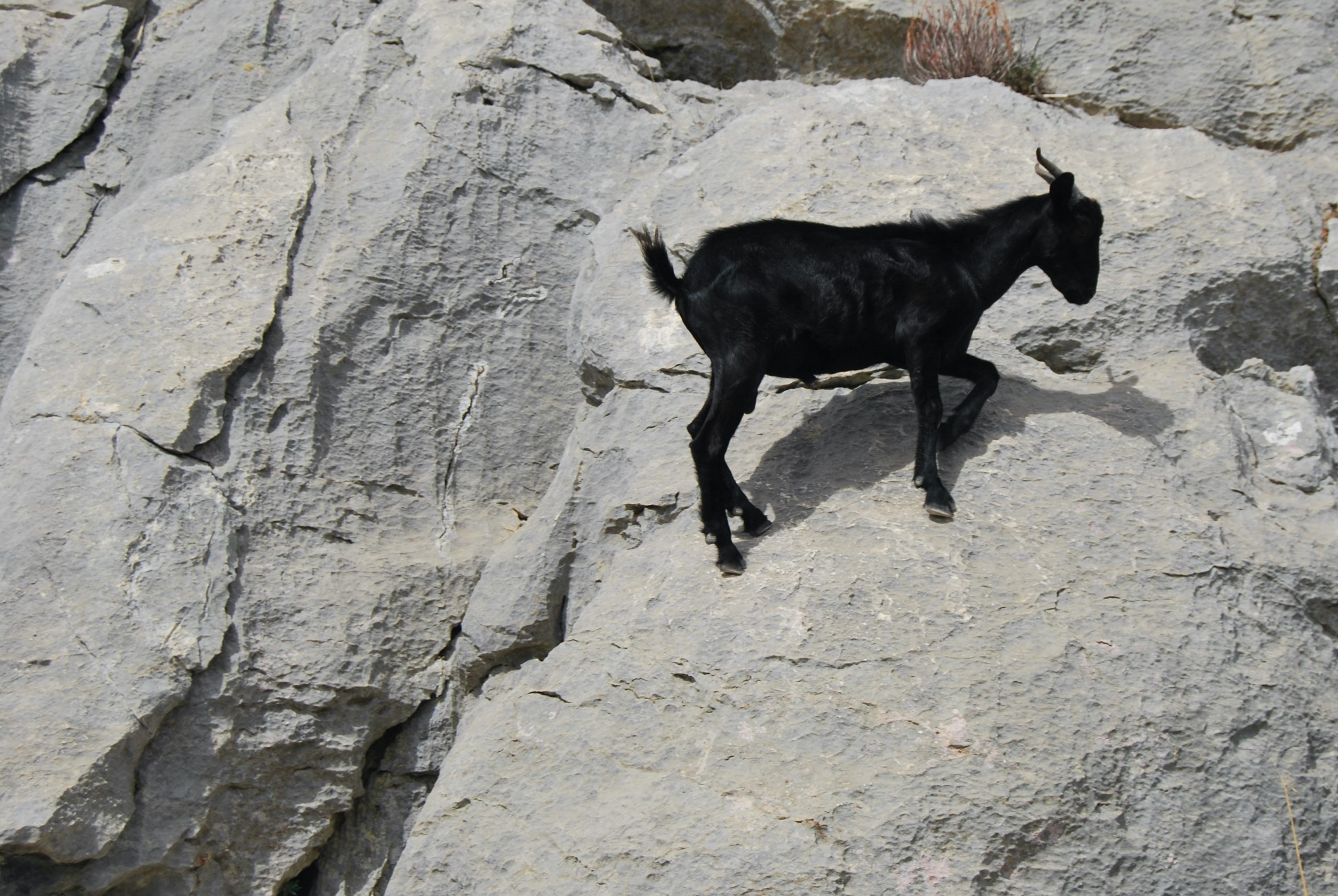The Refuge of Mara
In the aftermath of a life-altering breakup, a practitioner finds grounding in an unexpected ally. The post The Refuge of Mara appeared first on Tricycle: The Buddhist Review.

This piece discusses suicidal ideation.
For fifteen years, New York City was my home. It was gritty and overcrowded, yet it grasped my heart tightly. It was there, in a fourteenth-floor apartment in Queens, that I started on my Buddhist path toward liberation.
After reading many books on Buddhism and mindfulness—mostly by Western authors— I started to wonder why they keep talking about the concept of buddha-nature, not Mara-nature, as I encountered more of her presence internally and externally on a daily basis.
Mara, the Buddhist “Lord of the Senses” or Lord of Death, was the Buddha’s temptor on several occasions, including on the night of his awakening under the Bodhi tree. Often seen as a confused and complicated deva, Mara is thought of as both a real being and a symbol of attachment, aversion, and delusion. When practitioners get enlightened, Mara feels abandoned, and so she tries to keep them locked in samsara, the cycle of death and rebirth, so that she’s not alone.
I actually find this aspect of Mara very relatable. My ultimate aspiration is to cultivate a nonconceptual sense of home in this human realm, beyond my imagination. While I know Mara’s home of unwholesome forces, in the end, cannot be for me, can I offer her a refuge where she can always come back and rest? I know a nonconceptual home would have limits. Perhaps I could provide her refuge in a forest. Have you ever paid close attention in a forest? Amidst its beauty, there is also chaos and decay—just like where I belong, in all the beauty and the shit.
I imagine buddha-nature as an innate human capacity to understand and care for oneself and one another. Likewise, when I hear the term “unconditional love” being thrown around, I pretend to understand what that means. But do I? My whole lived experience has been categorically conditional.
In recent years, I’ve begun to equate my understanding of buddha-nature with my comprehension of cisgenderhood. While I may have some grasp of what it means to be a cismale from my life pretransition, my understanding of cisgenderhood remains incomplete, as I’ve always identified as a woman. My transition as a transgender woman has led me to delve deeply into the intricacies of womanhood, yet the gate to ciswomanhood remains tightly guarded. I find myself genuinely pondering if the concept of unconditional is truly fathomable for me. At best, I can envision a mother cow gazing at her newborn calf from a Buddhist story of metta (the Pali term for loving-kindness) from the Visuddhimagga IX, 72. What this story points out to me is that, while unconditional love might not be impossible, it is still complex for human beings like myself.
Recently, after eleven years together—including six years of marriage and a few years exploring polyamory—my husband asked for a separate living situation. This loss cut me deeply, as I had painstakingly built a sense of belonging and a solid nesting home with him after years of feeling adrift in a foreign land. In the prior years, my parents back in Japan, who once crammed our family of four into a barely two-bedroom apartment, had urged me to discard my belongings.
Where is home? I grappled with this question, feeling utterly lost. Homelessness loomed in my mind, intensified by the employment struggles that many transgender women face. In that moment of intense despair, I was in Mara’s familiar embrace once more and thought I must be her daughter.
One way that Mara has manifested in my life is through suicidality, a weight I have carried for over three decades. Despite my efforts to resist and heal through dhamma practice, these thoughts have persisted, albeit ebbing and flowing in intensity. I recognize now that this intense aversion has been the most consistent protection for me during this time of great turmoil—perhaps, even a home. As I continued my Buddhist practice, aiming to embark on the path to liberation, my mother Mara was confused, always insisting that I would come back to her. The path of Buddha is a scam, a cult, she told me. Yet each time I found myself exhausted from disillusionment, she would greet me with a warm bowl of soup—a concoction of protection through self-hatred and numb through distraction. Despite her accuracy in predicting my return, she did not seem pleased to see me in despair.
Was it the same Mara who once welcomed Patacara into the home of lamentation when she had lost her mind completely? After her children, husband, parents, and siblings all died on the same day, Patacara roamed around the town naked and unhinged until she came upon the Buddha. While she eventually became an arahant who talked about liberation as the quenching of the lamp, I wonder how her relationship with lamentation, or Mara, shifted over time through the dhamma.
In my explorations of dhamma and returning home to Mara, my personal contemplation of suicide started to extend beyond the realm of tragedy and illness. It is important to note that I do not seek to rationalize or encourage it for myself or anyone else. Instead, I present this as one of the many perspectives I hold on suicide, born out of a weariness from the efforts of others to uplift and dissuade me. And I genuinely appreciate those efforts, because I know my potential to cause harm and grief to those I would leave behind.
Over years of practice, I have come to understand suicidal thoughts as an ongoing manifestation of aversion (self-hatred, comparison, and depression) coupled with delusion (identification). They possess an intense and consuming quality by their very nature. In my specific experience, they often arise from a deeply contemplative, considerate, and compassionate process, providing me with a means to detach and care less on an emotional level. Amidst this complex emotional landscape, I wish to acknowledge the simultaneous presence of resilience, adaptability, and vulnerability that have coexisted alongside these thoughts, even as traumatic responses.
As a transwoman, I’ve had to go through the dukkha (suffering) of being born twice. I’m thankful that I don’t recall the first time. Birth is inherently uncomfortable and disorienting, although I bear the adult responsibilities for the second one. While gender and sex are often understood as biological facts, they are collective proliferation. It’s like the other kind of dukkha, sankhara-dukkha, the constructing of mental fabrications only to watch them crumble time and time again. It’s despairing to witness the security of this house of gender disappear.
As a transwoman, I’ve had to go through the dukkha (suffering) of being born twice.
In the depths of seeing dukkha, I once again found myself wanting to die. It felt like a return to familiarity, a home where I would find Mara. This time, I willingly approached her. She hugged me in a familiar, warm embrace, reminiscent of times past. I was back in her abode of pain and despair. But then, just as swiftly, she pushed me out. I noticed the invitation to care for myself. While it was still a distraction, it felt like an offering of compassion from her. I had never desired to let go of her grasp, even if I had the choice. Yet it seemed that now was the moment for her to release me.
I see many advertisements promoting self-care, which often come across as rather rude to me. They imply that caring for oneself should come naturally, yet rarely is one offered guidance on how. During this time when self-care is trendy, I’ve held the phrase sukhi attanam pariharami (“May I take care of myself happily while living on this earth”)—one of the loving-kindness phrases that my teacher Michele McDonald often offers from the metta chant. But I’ve often found myself questioning whether the countless hours spent striving on the cushion, zoning out to Netflix, or indulging in pints of ice cream truly count as self-care. At one point, destruction and fleeting sense pleasures served as a respectable defense mechanism, but now that I have been kicked out of my beloved home of Mara, I needed a path.
So when I see a self-care post on Instagram, I can’t help but smile inwardly. My self-care? Liberation, I suppose—liberation from the constant resistance and disengagement from the vulnerability of life, finding paths for seeing safety in insecurity. I am secretly looking forward to the next time someone asks me what my self-care regimen is.
What I long for myself is a space to foster acceptance where I can include all aspects of life without condition—even Mara. For even Mara, as suicidality, still carries a sense of protection and tenderness. She was a home for me. She cared for me in the middle of the chaos that she was also a part of. She heard me when no one else did.
In certain traditions, Mara is thought to be related to one of the Buddha’s closest disciples, Moggallana. In the Maratajjaniya Sutta, Moggallana proclaims: “Once upon a time, Wicked One, I was a Mara named Dusi, and I had a sister named Kali. You were her son, which made you my nephew.” In other accounts, Mara was the child of a deva (god). And on one occasion, I have heard that the Buddha and Mara were relatives in some lifetime. The wisdom (prajna) of the Buddha and the ignorance (avijja) of Mara are inextricably and fundamentally linked.
Now I tell Mara—Stay!—even though I know she won’t. I know she’ll visit, but this time feels different. She knows I need a home, where I feel welcomed and cared for in a different way.
I know where to find her; I’ll come visit. I understand her now, but she is no longer my nesting home. I may be welcome, but for only a fleeting moment. The invitations will cease. I know where my childhood home lies—in the midst of dukkha. In the realm of nature, within its beauty, love, care, and clarity. You see, I have started to build a nonconceptual home in this uncertain world.
My home may be lost, but the legacy lives on. I recognize that this heartbreak of mine, known as suicidal ideation, is not solely mine to bear. Many share in this pain. Often, when I realize that others have endured similar suffering, the burden lightens a bit. Yet when I witness countless siblings drawn into its anguish, I get swallowed by an avalanche of sorrow and despair. Still, I continue my practice, determined not to perpetuate the bittersweet legacy of our mother and refuge, Mara.
*
If you or someone you know is struggling with suicidal thoughts, please know that you are not alone and help is available. Contact The Trevor Project or Trans Lifeline today.

 Aliver
Aliver 































